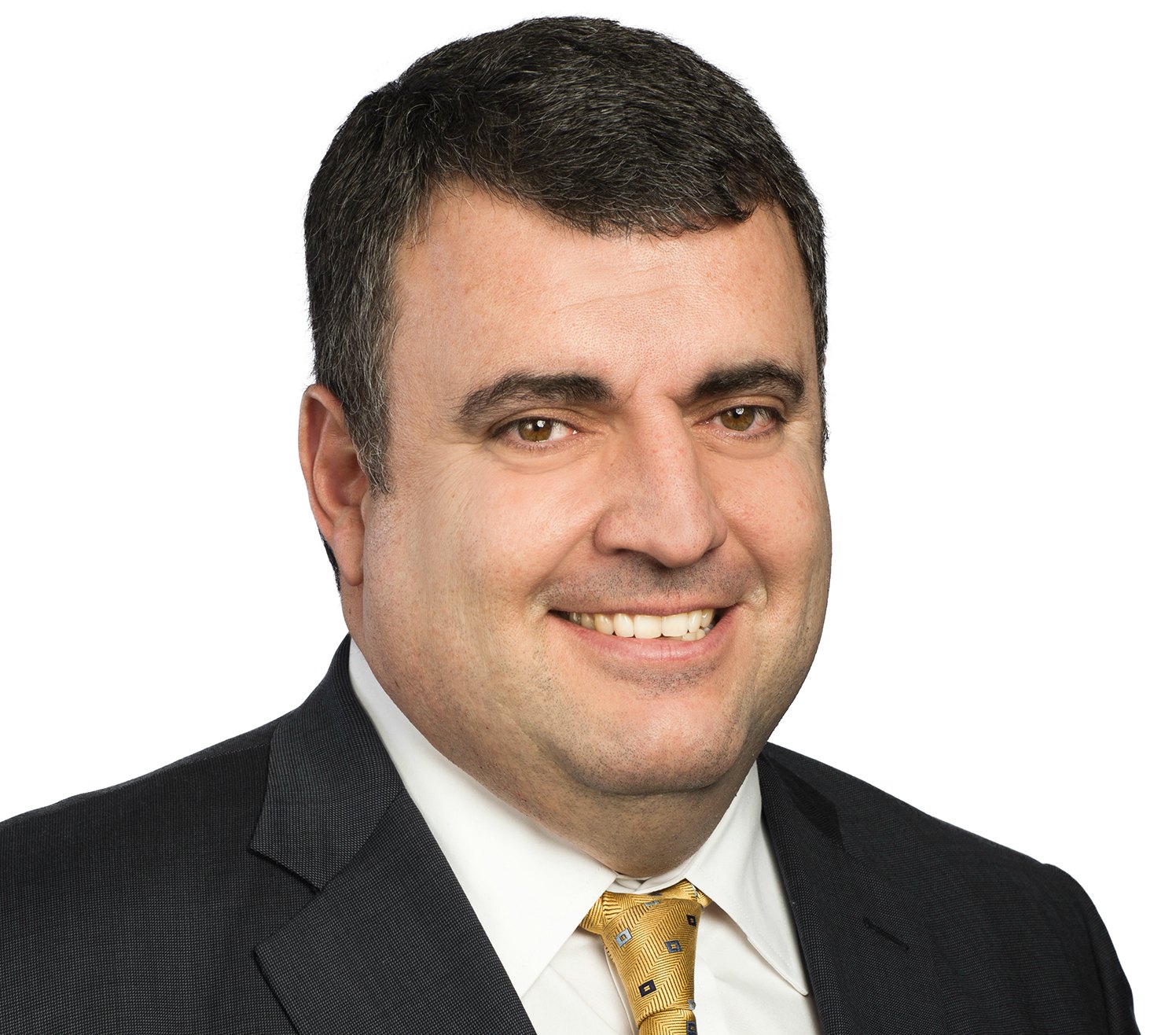Selectivity Needed in Emerging Markets
| By Fórmate a Fondo | 0 Comentarios

At a high level, emerging markets are caught between the twin economic powerhouses of the US and China. While it has been this way for many years, the exact nature of those influences has changed through time. Many emerging markets, particularly commodity exporters, have been hit by the sharp fall in demand for basic materials and commodities from China. As the People’s Republic rebalances its economy to favour services over heavy industry and infrastructure, fixed-asset investment and property have slowed from 25% year-on-year growth to 15% today.
Investec consider that these rates are likely to slow gradually over the medium term, rather than declining precipitously, as China works through capacity overhangs in many industries. Nonetheless, for countries that relied on extracting natural resources and selling them to China for their economic growth, this slowdown has come as a distinct economic shock and continues to hold back growth.
For many emerging markets, the US has shifted from being a strong demand and export driver through its consumption of their products, to a monetary driver as they import its ultra-low, quantitative- easing driven interest-rate policy. In some cases, notably in Asia, this cheap money- fuelled excess credit growth has allowed companies much freer access to global capital markets. “If, as we expect, interest rates begin to rise in the US, those economies with high debt loads will be vulnerable over the coming year. To combat the impact of the US rate rise and maintain competitiveness, these countries are likely to let their currency weaken against the US dollar and cut interest rates”, pointed out Investec.
Different pressures
However, noted the firm, not all countries face the same pressures. Countries that have substantial current account deficits such as, Brazil and Colombia, and which were the primary beneficiaries of quantitative easing between 2009 and 2013 are the most exposed to the impact of rising interest rates. Banking systems with high loan-to- deposit ratios and open capital accounts will also likely come under strain. The key risk for 2016 is, therefore, related to the financial cycle, particularly in Asia, where debt build-up is leading to the instability of the financial system and its attendant risks, even though the risk of global recession remains very low.
“Our favoured markets are those of countries that continue to adopt market- friendly growth strategies, remove obstacles to doing business effectively, tame inflation and gain credibility”, added.
Natural extensions
Investec also favour economies that are natural extensions of developed markets, such as Mexico of the US and Hungary of the EU. Both of these countries benefit from their neighbours’ recovery in growth and activity. The relatively robust US economy, propelled by an increasingly confident consumer, provides a potential broader benefit to Mexico. The previous stage of US growth, powered by manufacturing and the shale oil boom, by its very nature did not pass through demand to emerging markets.
However, a more typical recovery with consumers assisted by easier lending standards and a buoyant housing market could see a stronger source of demand.
Fundamentally, however, those countries that were reliant on natural resource revenues, which couldn’t mine it fast enough, and then couldn’t stop mining it fast enough, are distinctly out of favour with investors. Some of these commodity producers may now be fair to good value. However, even then we have to differentiate between those economies that have exhibited the deep political problems associated with a struggling economy, Brazil for example, and those that are simply adjusting to a slower growth path.
Divergence brings back value
“It is easy to be pessimistic about this challenging macro scenario – indeed our central case remains another year of growth disappointments – but value has come back as relative and absolute valuations now more accurately reflect growth prospects”, said the firm. With 150 countries, US$7 trillion in market capitalisation for the MSCI Emerging Market Index and $3.25 trillion of investible debt, according to JP Morgan in March 2015, the emerging market universe is significant and its divergence, in terms of what is on offer, is huge.
Assets invested in emerging markets have proved sticky as institutional investors continue to make strategic allocations and to rebalance fixed-income mandates.
“The breadth of opportunities offered by the divergent bottom-up trends offers great scope to look for attractive returns and for value among the still fundamental challenges. The investor’s challenge is to discriminate between the value and the value traps”, concluded.








